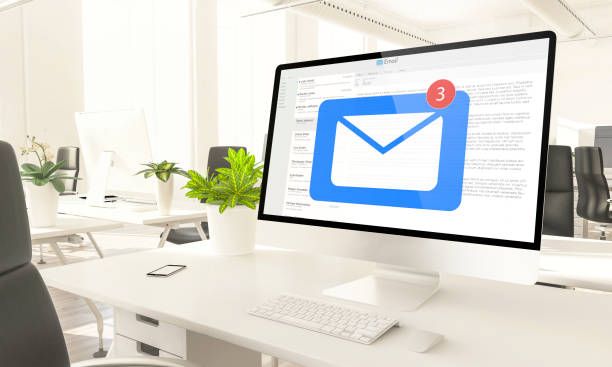In today's digital world, managing email overload is a constant challenge. Unwanted and unsolicited messages can clutter your inbox and distract you from important emails. Luckily, Outlook provides an array of features to help you take control, including the ability to bounce back emails from unwanted senders. In this comprehensive guide, we will explore various methods to bounce email in Outlook, empowering you to reclaim your inbox and maintain a clutter-free email experience.
Understanding Bounce Email in Outlook

When we refer to "bouncing" an email in Outlook, we are essentially sending it back to the sender. This action indicates to the sender that their message was not successfully delivered or accepted. Bouncing an email is an effective way to communicate to unwanted senders that their messages are not welcome and to prevent further correspondence.
Methods to Bounce Email in Outlook

Using the "Block" or "Junk" Options
Outlook provides built-in features to block or mark emails as junk, effectively bouncing them back to the sender. By right-clicking on an email, you can choose the "Block" or "Junk" options, depending on your Outlook version. This action not only prevents future emails from the sender from reaching your inbox but also signals to the sender that their messages are unwanted.
Setting Up a Rule to Bounce Emails
Outlook allows you to create rules to automate various actions, including bouncing emails. By setting up a rule, you can specify criteria such as sender's email address or subject line to automatically bounce back incoming messages. This method is particularly useful for dealing with persistent unwanted senders and can save you time and effort in the long run.
Using a Third-Party Add-in

If the built-in features of Outlook do not meet your specific needs, you can explore third-party add-ins or extensions. These tools provide additional functionalities and customization options for bouncing emails. Some add-ins offer advanced filtering capabilities, allowing you to create complex rules to bounce emails based on various criteria. However, it's important to research and choose reputable add-ins from trusted sources to ensure the security of your email account.
Frequently Asked Questions (FAQs)
Will bouncing an email in Outlook block the sender permanently?
Bouncing an email in Outlook using the built-in features will block or mark the sender as junk, preventing future messages from reaching your inbox. However, it's important to note that determined senders may find ways to bypass these filters. Regularly reviewing and updating your blocked or junk lists can help maintain an effective barrier against unwanted senders.
Can bouncing an email in Outlook alert the sender that their message was not delivered?
When you bounce an email in Outlook, the sender will receive a bounce-back notification indicating that their message was not successfully delivered or accepted. This notification can vary depending on the email client or server used by the sender. However, it's important to remember that some senders may interpret bounce-back notifications as an invitation to send more emails or use alternative communication methods. Exercise caution when dealing with persistent unwanted senders.
Are there any risks associated with bouncing emails in Outlook?
Bouncing emails in Outlook generally poses minimal risks. However, it's important to exercise caution when interacting with unknown or suspicious emails. Avoid clicking on links or downloading attachments from unknown senders, as they may contain malware or phishing attempts. If you are unsure about the legitimacy of an email, it's advisable to report it as spam or consult your IT department for guidance.
Can bouncing emails in Outlook result in legitimate emails being blocked?
While Outlook's built-in features are designed to accurately identify and block unwanted senders, there is a slight possibility of legitimate emails being mistakenly marked as junk or bounced. To mitigate this risk, regularly review your blocked or junk folders and add trusted contacts to your safe senders list. This proactive approach ensures that important emails are not inadvertently blocked.
Conclusion
Bouncing email in Outlook is a powerful tool that empowers you to regain control over your inbox and minimize unwanted communication. Whether you use the built-in features of Outlook, set up rules, or explore third-party add-ins, bouncing emails provides an effective way to prevent unwanted messages from cluttering your inbox. Take advantage of these methods to customize your email experience, enhance productivity, and maintain a clutter-free environment. Embrace the power of bouncing email in Outlook and enjoy a streamlined and efficient email management process.

